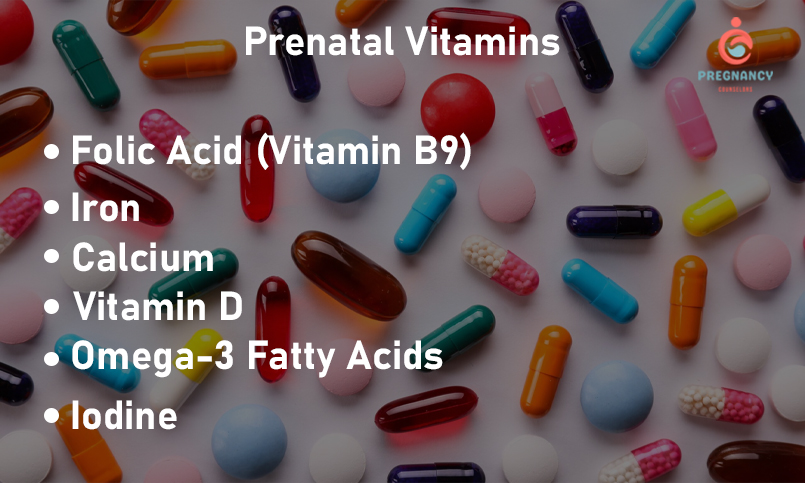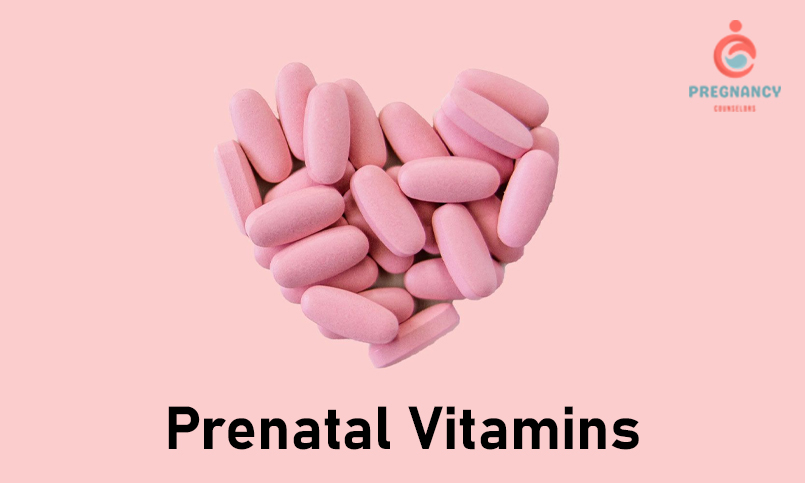Prenatal vitamins are the supplements that play a critical role in ensuring the health of the body and life of both the mother and the developing child during the pregnancy phase. These supplements are especially formulated to provide essential nutrients that promote healthy and proper fetal growth that may be missing in a regular diet. It comes in various forms, such as prenatal gummies, chewable tablets in liquid form, capsules, and powders.
Importance of Prenatal Vitamins
The prenatal vitamins are an important part of the diet plan for pregnancy as they fulfill the pregnancy nutrition requirements that are not easily available at the required amount through the food. Therefore, it supports the diet by reducing the nutrition gaps, supporting fetal growth, managing overall maternal health, and preventing birth defect issues.
However, only taking supplements will not help. Mothers should take care of their diet plan and manage the other important steps, such as exercising, having a proper meal, consulting, and examining the baby for the ideal pregnancy.
Vital nutrients of prenatal vitamins
- Folic Acid: the folic acid, or vitamin B9, is essential for neural tube (developing of brain and spine) and new cell development. It is also necessary for maintaining proper brain function. A daily dose of 400 to 800 mg of folic acid is recommended by the pregnancy counselors or the health care advisers.
- Iron: it reduces the risk of anemia during pregnancy and provides oxygen to the baby during the pregnancy. Additionally, iron helps in developing red blood cells.
- Calcium: bone and teeth development of the baby and enhance the bones quality and strength of the mother. It also supports the skeletal development of the baby.
- Vitamin D: Vitamin D helps the body to absorb the calcium and strengthen the fetal bone’s growth and immune system.
- Omega 3: These will help in developing the brain and eye of the child.
- Iodine: manages thyroid function and fetal brain development.

Prenatal vitamin Doses
Knowing the right time and quantity of vitamins doses can help in the development of the baby and the mother. It is recommended to start the nutrition supplements before conception and during pregnancy, although mothers can include other vitamins in their regular diet plan to improve the growth of the body and prepare for the baby. Mothers should consult the healthcare advisor or the doctors while planning for the baby because they will provide the best vitamins that will suit the body or as per the specific need that will have a positive impact.
Side Effects of Prenatal Vitamins
Prenatal vitamins are basically safe to consume, but women may experience some side effects such as:
- Nausea: generally, the nausea is identified after taking vitamins and supplements, mostly in the morning or on an empty stomach.
- Constipation: Iron can sometimes cause constipation, which can lead to water loss. Therefore, to resolve this issue, add more fiber intake and keep the body hydrated.
Which prenatal vitamin is best?
Prenatal vitamins are easily available over-the-counter and in the market, although it is advised to get a prescription from your healthcare advisor for the prenatal vitamin that will suit your body and manage your requirement easily. They can increase or decrease the requirement of doses depending on the situation and need, such as the natural prenatal vitamins or prenatal vitamins for iron deficiency and more.
Furthermore, it is also necessary to understand and calculate the daily nutrition requirement to prevent the overdose of the prenatal vitamins because that will damage the cells, harm the baby and the mother both, and cause the birth defects.
Adding vitamins and minerals as prenatal vitamins is considered ideal, such as calcium, iron, and other vitamins that are hard to manage with the regular diet.
Prenatal Vitamins beyond Pregnancy
There is a myth that prenatal vitamins can only be consumed during pregnancy. Some of the health care advisories recommend the mothers take prenatal vitamins for longer durations and even during breastfeeding, as it reduces the risk of certain diseases. It is advised by the pregnancy counselors to take the prenatal vitamins at least for three months, even after delivery, to overcome the nutrition deficiency post-delivery.
They are essential for a healthy pregnancy and fetal development, which support both the mother and the baby well-being. Early consumption of the prenatal vitamins can help the body accept the changes and support during pregnancy.
FAQS
What does a prenatal vitamin do?
The prenatal vitamins helps the body to regulate the essential nutrition and the daily need of vitamins and minerals of the body. It is highly recommended to consume vitamins supplements during pregnancy for the proper growth of the baby and the mother well-being.
When should I start taking prenatal vitamins?
The healthcare advisors suggest the mothers take prenatal vitamins before conception to ensure the proper growth of the body and the fetal and to avoid pregnancy nutrition deficiency.
What is the best prenatal vitamin for pregnancy?
Vitamins supplements that contain a proper amount of the nutrition value are considered as the best prenatal vitamins. These vitamins have less or no side effects and manage the proper diet requirement.

